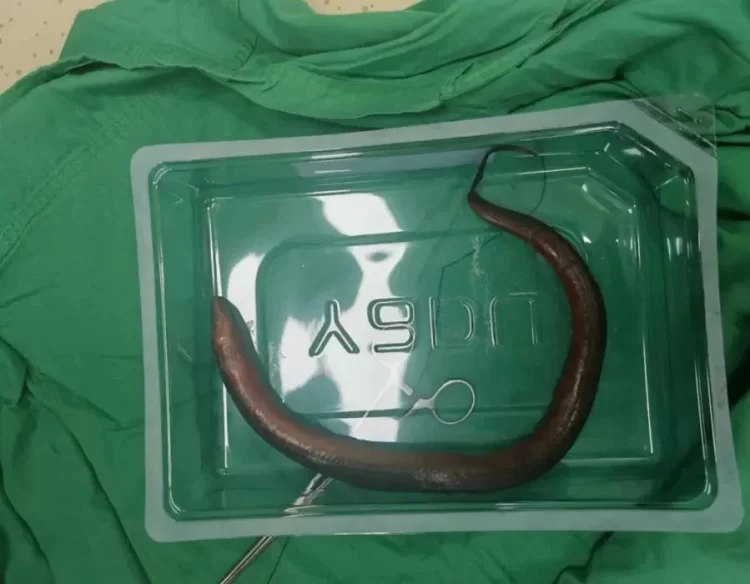Saying 50-year-old armwrestler Jeff Dabe has big hands would be a huge understatement! Dabe’s bear paws are so big that he has been compared to cartoon characters like Popeye and Wreck-It Ralph.
A year and a half ago, we introduced you to Denis Cyplenkov, a Ukrainian strongman and professional armwrestler, who at the time we thought had the world’s largest hands. We still think they’re huge for a human, but they pale in comparison to Jeff Dabe’s. His forearms are 49 cm in circumference and his palms look like they could crush a man’s skull like a watermelon. Luckily, Jeff only uses his enormous guns for arm wrestling and operating heavy equipment.




















